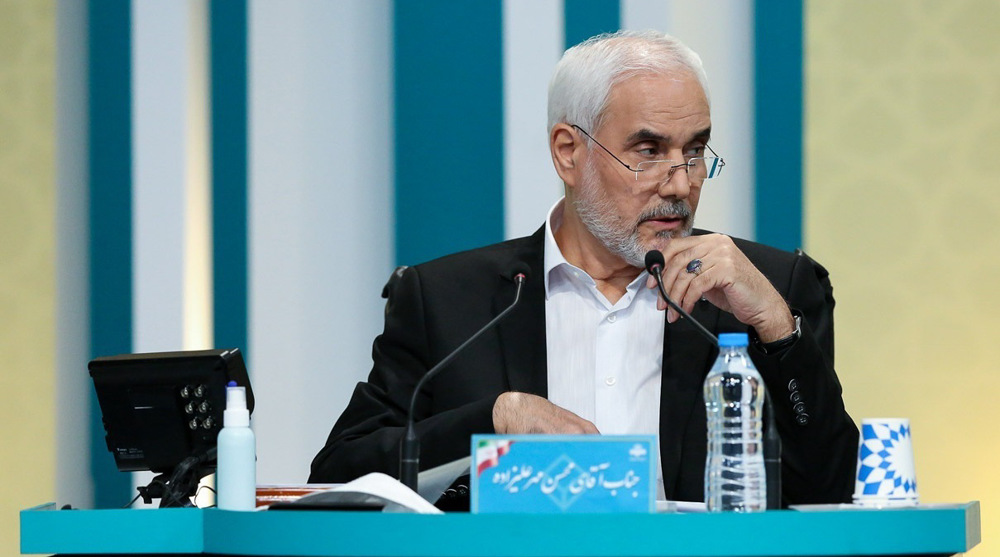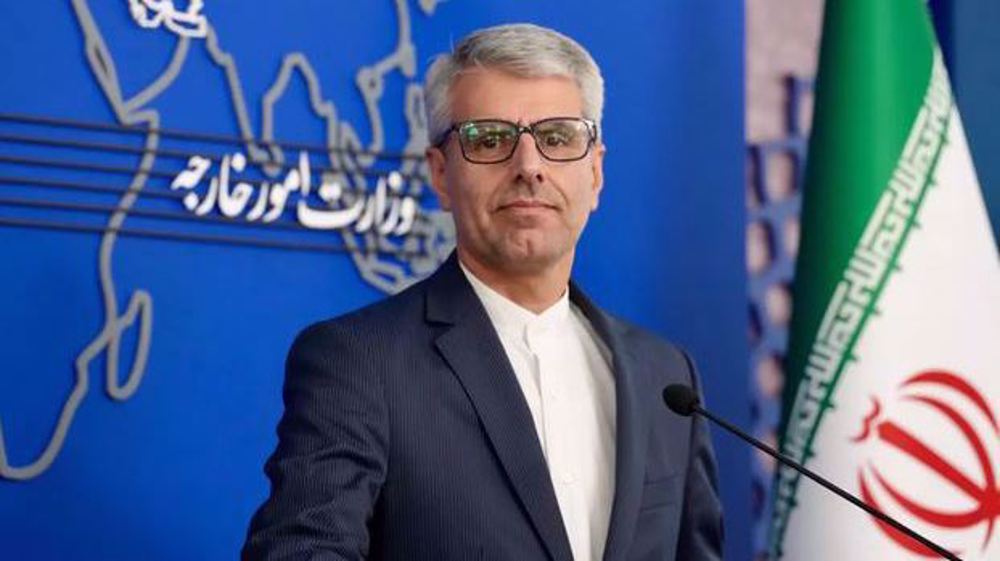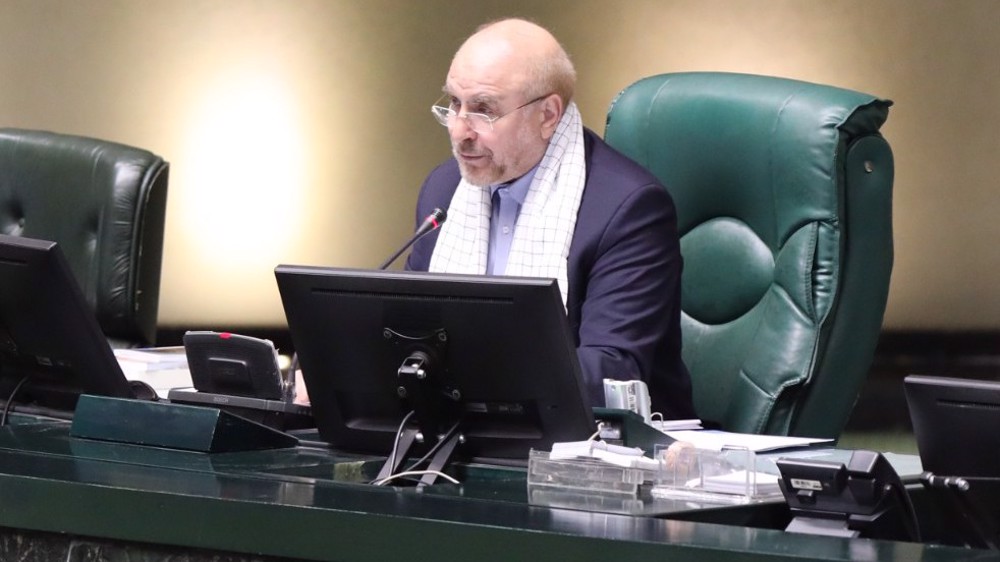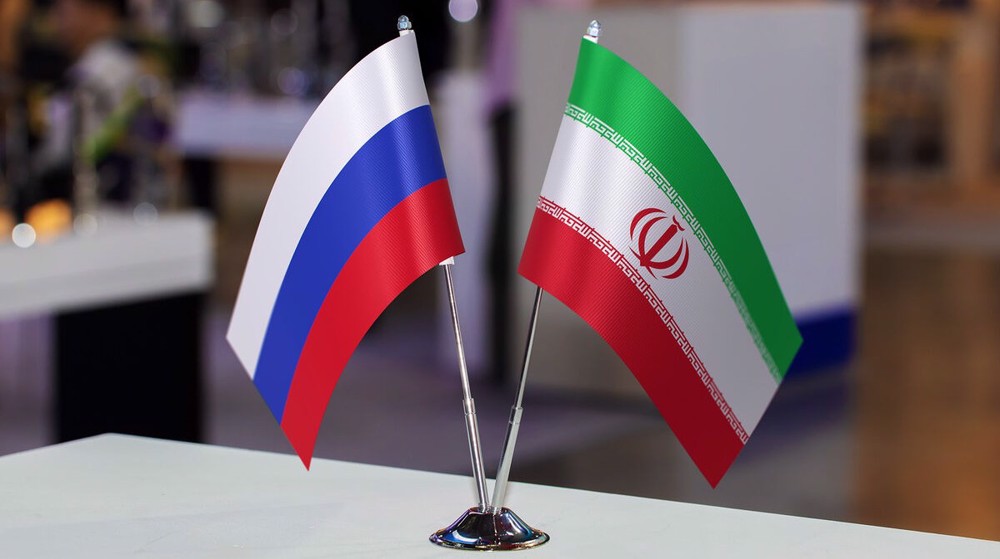Mohsen Mehr-Alizadeh on the campaign trail
Read quick updates on what Mohsen Mehr-Alizadeh says on the campaign trail below. Check routinely for new content.
[Saturday, June 12, 2021]
*
[Wednesday, June 9, 2021]
Mehr-Alizadeh said on a TV program that a single-mindedly inward view of governance was wrong and that he would pursue an open-door policy of interaction with the world.
“For us to think that we can achieve everything on our own in a closed environment is, I think, wrong. Even in a factory, company, neighborhood, town… if you confine yourself to that town, you won’t be able to do anything,” he said. “Therefore, it’s necessary for the doors to be open and for you to work with the outside world… That’s a given.”
But, he added, the similarly zealous thinking that if you do not interact with the world, you will miss on everything is also wrong, “especially for our country, which is rich and powerful in every aspect.”

Mehr-Alizadeh said that once domestic products are made, neighboring counties and Europe “can be among our markets.”
*
[Tuesday, June 8, 2021]
*
[Monday, June 7, 2021]
Mehr-Alizadeh says his potential administration will have relations with all world countries, “especially the United States,” if he wins the June 18 election.
“In case of victory in the election, I will interact with all countries, especially the United States of America, while considering national interests and safeguarding the dignity and esteem of the Iranian nation and our country’s national security,” Mehr-Alizadeh told Al Mayadeen television channel on Monday (June 7), according to a Persian translation provided by IRNA.
He said there was no barrier to having relations with countries, except the ones “that persist in enmity with Iran.”
Mehr-Alizadeh also said that Iran and the Arab countries shared a religion and, in some cases, common borders. “If foreign pressure does not impact the policies of these countries, we have no problem with them.”
*
[Saturday, June 5, 2021]
During the first televised presidential debate themed on economy, Mehr-Alizadeh sidestepped a question on tax evasion to criticize the disqualification of some Reformist figures by the Constitution Council from running for president.
Mehr-Alizadeh said given “doubts about election engineering” and given Leader of the Islamic Revolution Ayatollah Seyyed Ali Khamenei’s assertion that some of the presidential hopefuls must be compensated for having been wronged in the vetting process, “is supporting a specific individual on agenda?” apparently referring to his rival Seyyed Ebrahim Raeisi, currently serving as the Judiciary chief.
The Reformists claim that the disqualification of their hopefuls were meant to clear the way for Raeisi, who is seen as the Principlist camp’s favorite candidate, to win the election.
Further in the debate, he said he considered a removal of the obstacles to production as a principle on his economic agenda, which envisages a set of incentives to promote production and a series of measures to prevent tax evasion and increase the administration’s revenues.
Elsewhere, he warned against the dangers facing the country’s environment and said one of the main threats is the formation of certain councils, whose powers and duties are unclear and which seek to exercise influence in the policies of the Environment Department.
Hezbollah breaks record of anti-Israel ops; four million settlers run for their lives
Iran rejects involvement in murder of Israeli rabbi in UAE
‘Israel at dead end’: Army chief vows Iran’s lasting support for resistance
Hezbollah executes record 51 military operations against Israel in a single day
VIDEO | Intl. day to end anti-women violence: Female victims of Israeli attacks on Gaza, Lebanon remembered
Leader: Arrest warrant not enough, Netanyahu must be executed
VIDEO | Iraqi fighters conduct fresh retaliatory attacks on vital Israeli targets
Gaza hospital chief calls for help amid Israel’s ‘extermination campaign’














 This makes it easy to access the Press TV website
This makes it easy to access the Press TV website